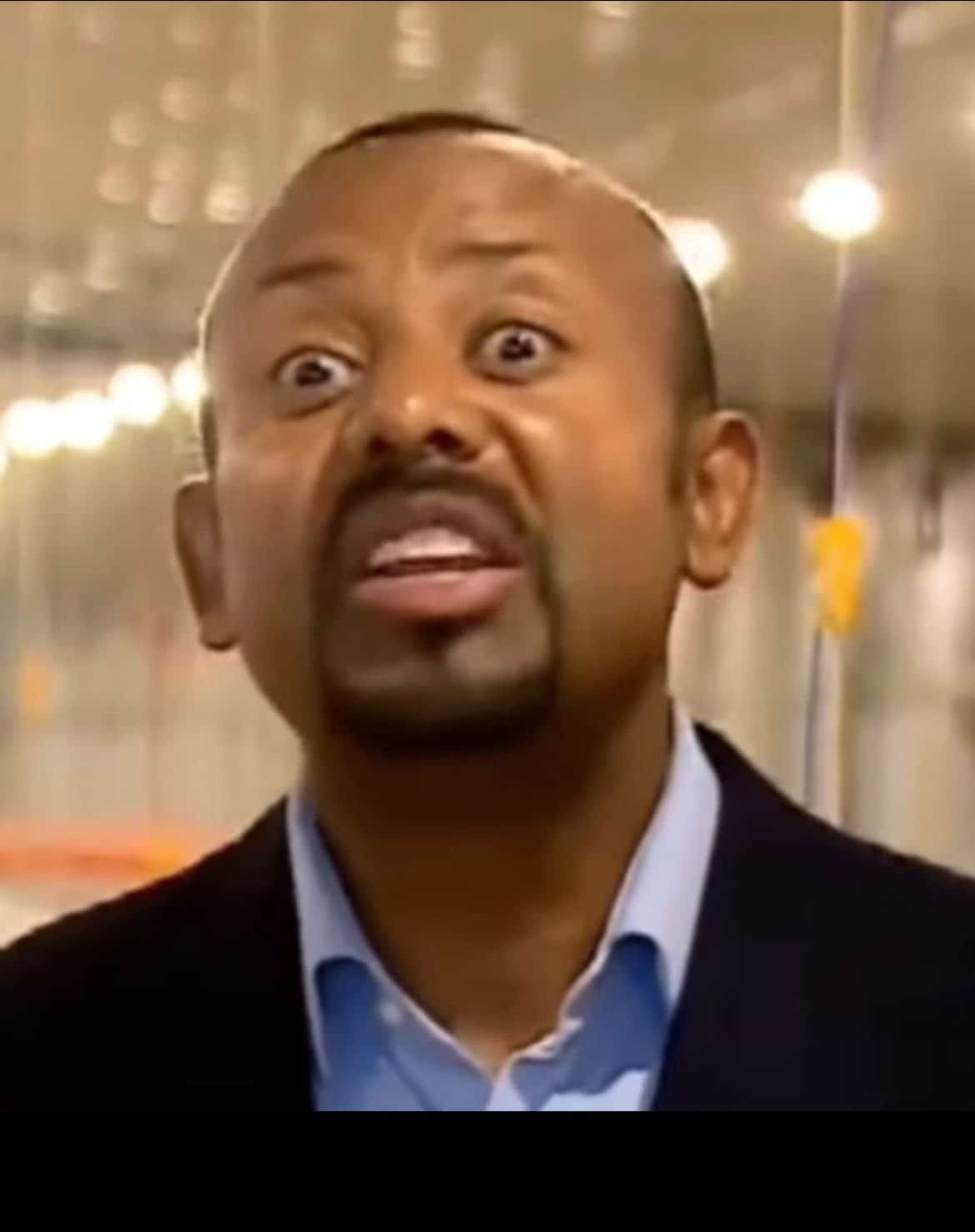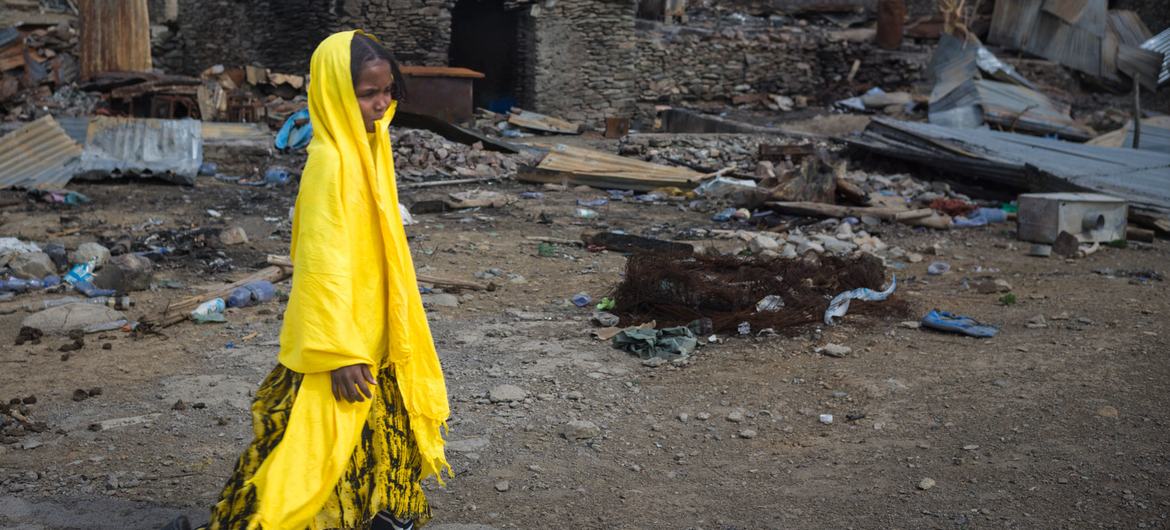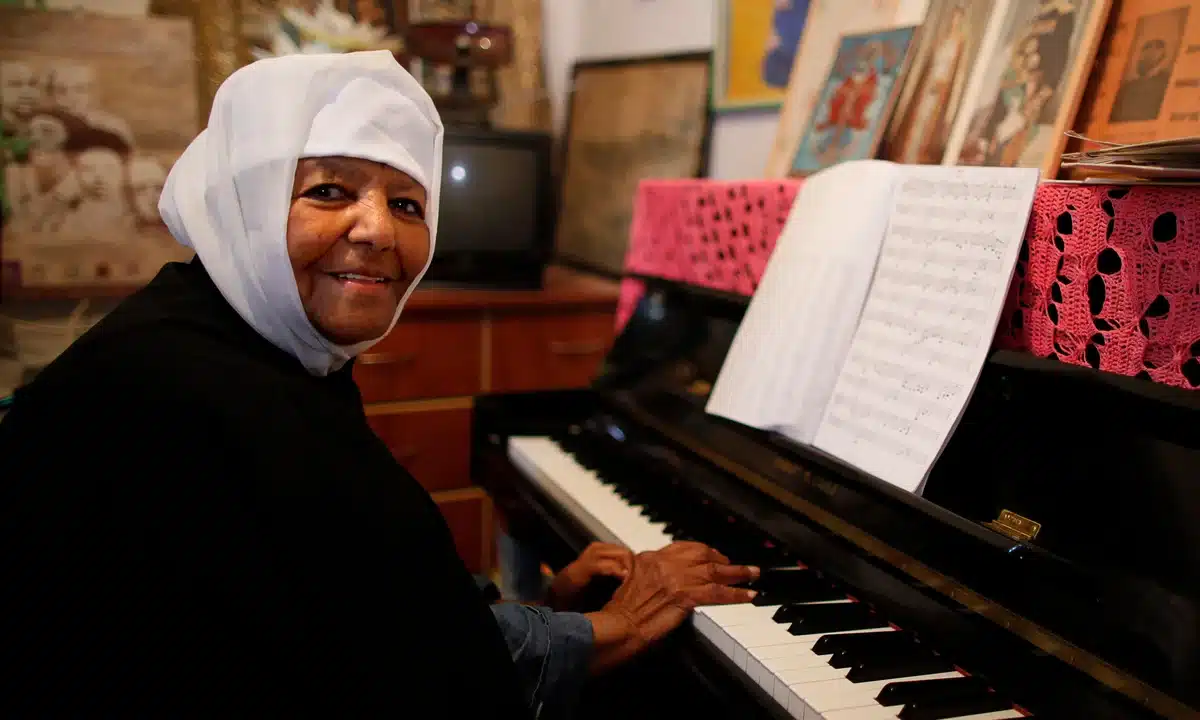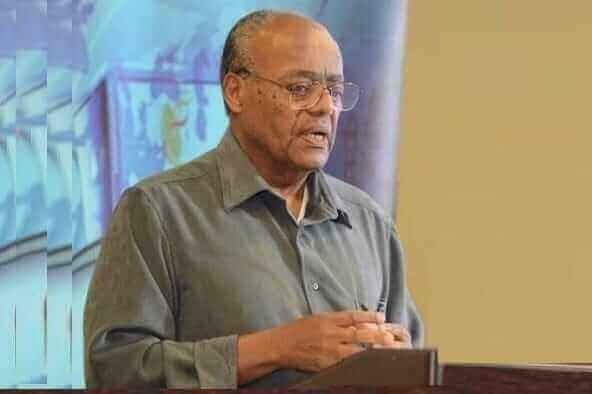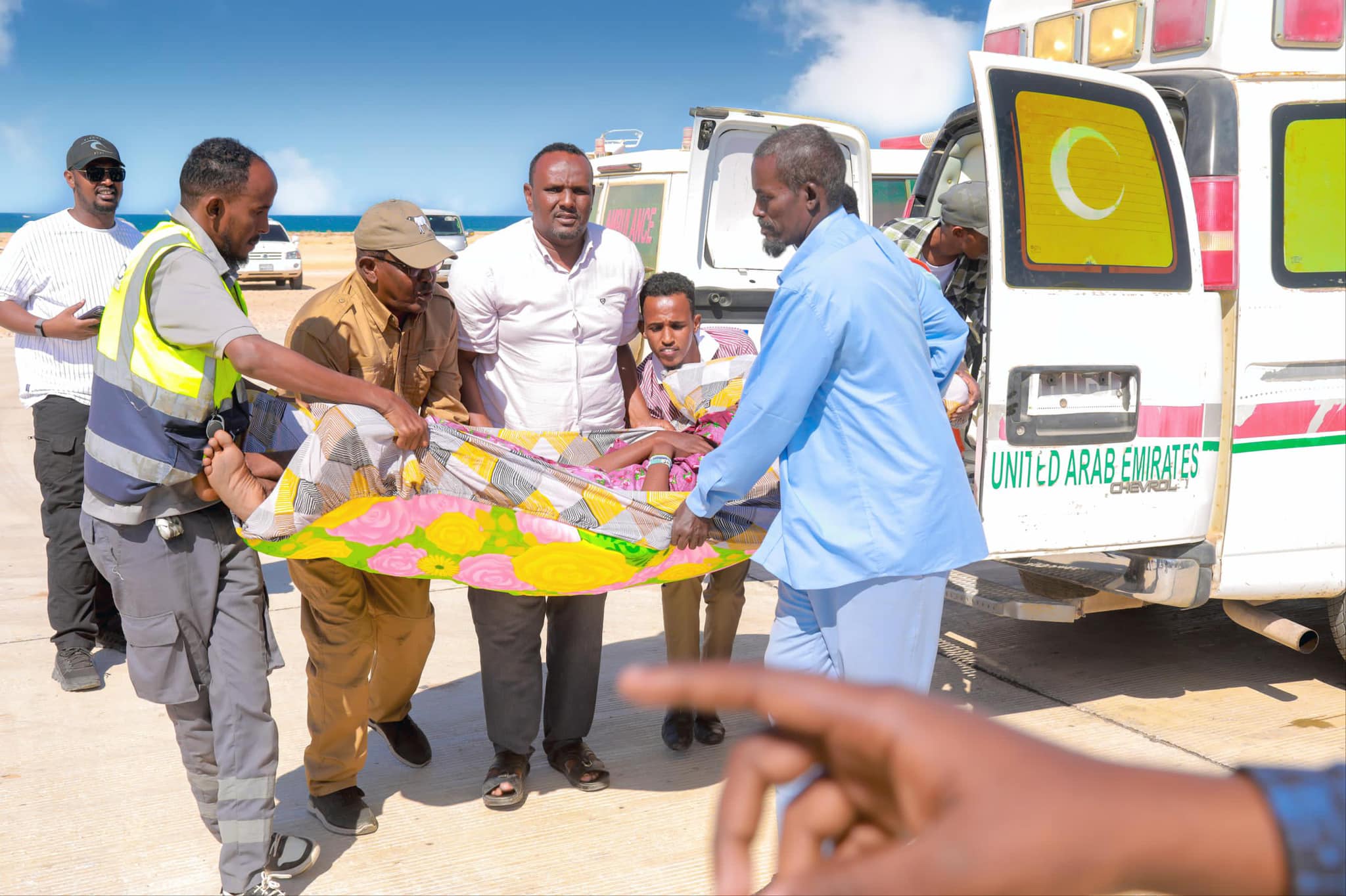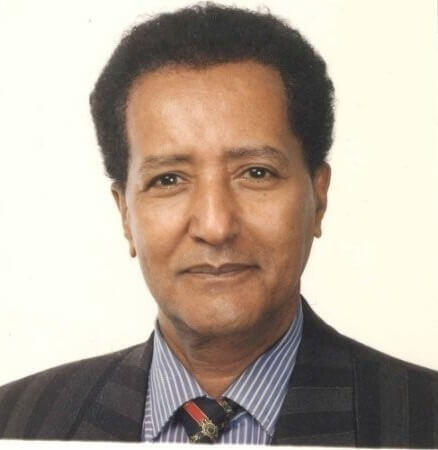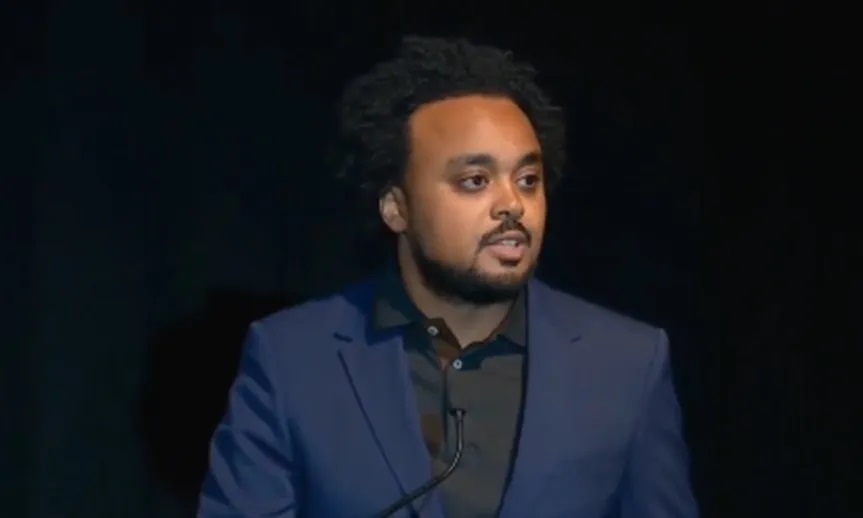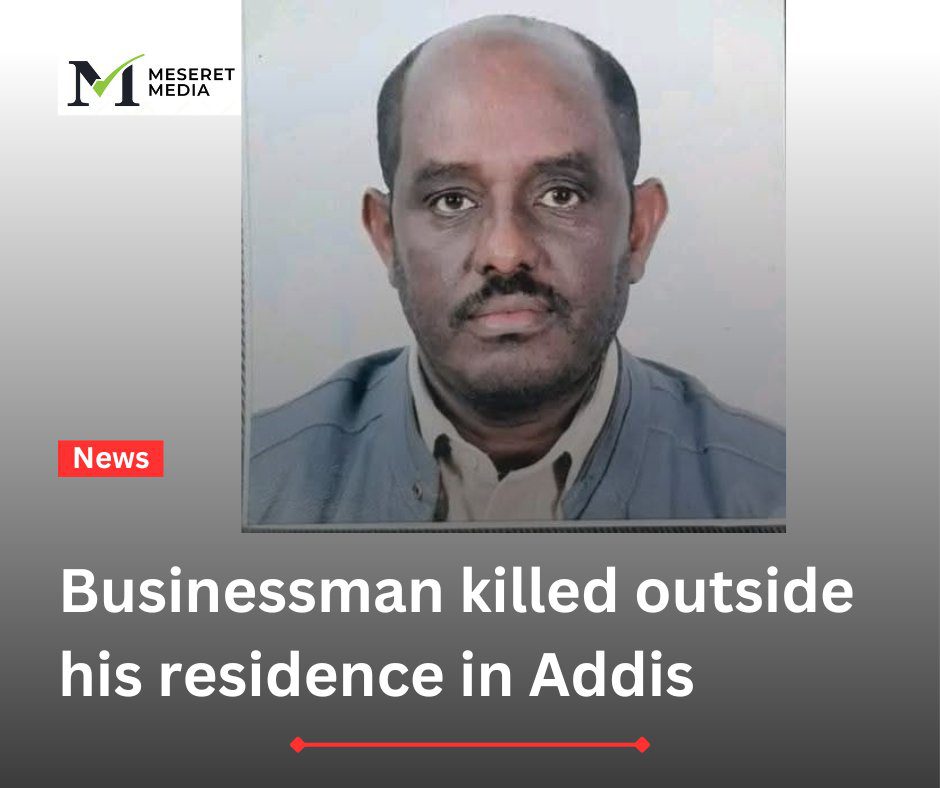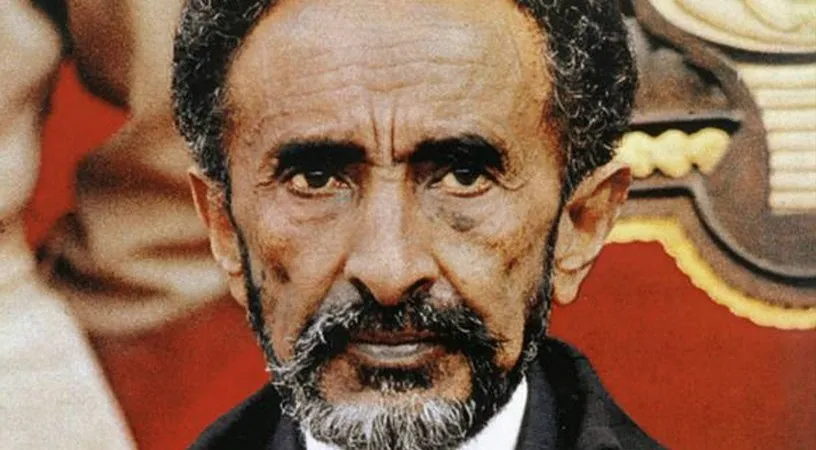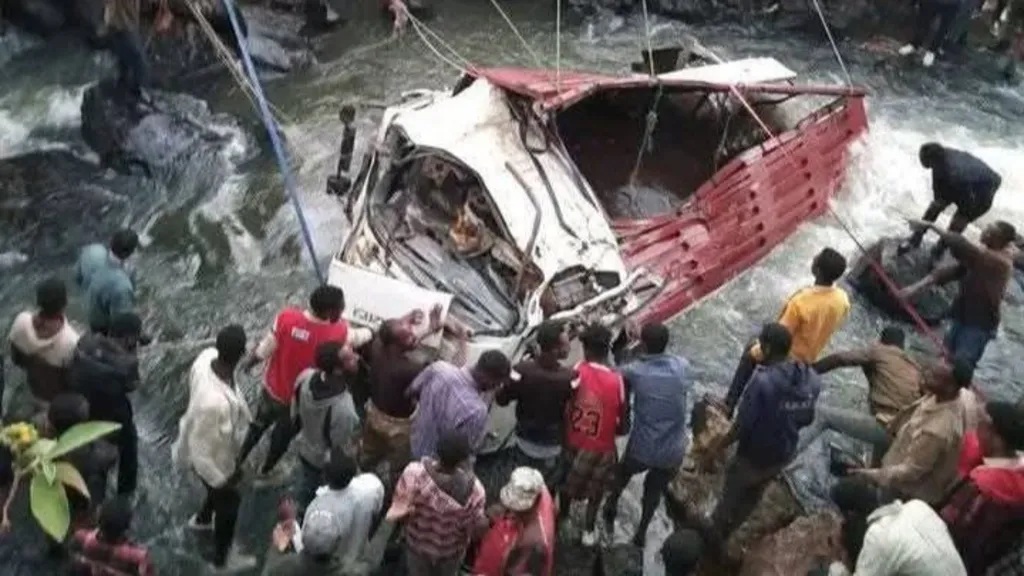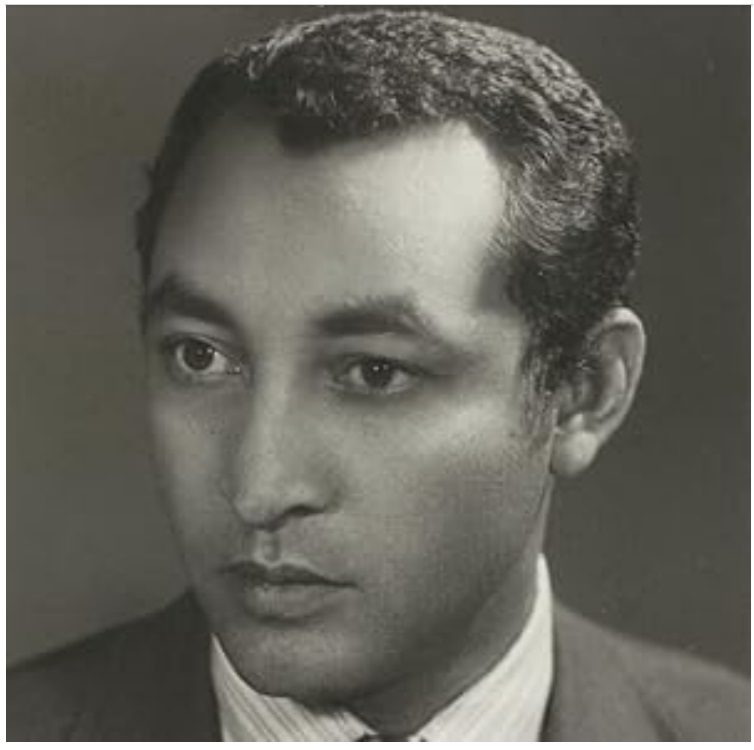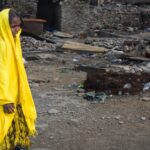FROM DR. BEKELE GESSESSE (drbekeleg@gmail.com)
May 20, 2021

Mr. President,
It came to my attention that you are going to make a ‘big’ speech in the next few days. The timing also looks a bit fishy. However, I hope the speech wouldn’t end up in the usual rhetoric of malicious motives at the cost of long-term solutions to the unfair problems our people have been subjected to over the past many decades. I am writing this letter due to the love and concern I always have for the brotherly and sisterly people of Ethiopia and Eritrea; nothing else.
May I ask you to take this extremely belated opportunity to accept and apologise to the following facts and take the necessary actions for the sake of the endangered population in the region?
- Was Eritrea really an Ethiopian colony?
First of all, I would like to make it clear from the beginning that the choice of political system in Eritrea is in the hands of the Eritrean people. For curiosity, however, I would like to raise this question again. As far as the regional history is concerned, Eritrea had been an integral part of Ethiopia for time immemorial. Unfortunately, however, Italy came to invade Ethiopia in 1896 and lost the war in disgrace at the famous Battle of Adwa. She run to the Red Sea coast and lingered around until she formed an Eritrean colony. It was very sad that the heroic Ethiopian forces were unable to chase her all the way to kick her out of the whole territories. She came back after 40 years for revenge against Ethiopia. Our good patriots fought again for 5 years and kicked her out again, in the usual disgrace, but at a heavy cost to poisonous gas and modern arms. After the Second World War, Eritrea was put under a temporary administration by Britain that terminated in the UN sponsored Eritrean Referendum in 1950 where Eritrean people chose a Federal relationship with Ethiopia, the Federation that was sadly violated after about 10 years. Eritrean struggle was waged to restore that Federation. However, the question was later shifted to a bizarre colonial question, accusing Ethiopia as a colonial master. After the coming to power of the Tigray People’s Liberation Front (TPLF) in 1991, another referendum was organised to decide the Eritrean destiny. The choice you put to the Eritrean people was ‘Slavery or Liberation’? (Natsnet weys barinet) that terminated in the declaration of Eritrean independence in 1993. Why didn’t you include other options such as unity, federation or confederation? I believe the outcome could have been different and more constructive if people were allowed to have such options. What followed has been agony and pain for many.
- The formation of the Tigray People’s Liberation Front (TPLF)
You formed and supported the TPLF from the beginning to destabilise Ethiopia. You were hands and gloves until you came to power. The relationship collapsed after about 5 years that terminated in a nasty war of 1998 that unnecessarily cost the lives of over 100,000 people from both sides. To make the maters even worse, millions of innocent Tigryan people are being subjected to untold sufferings today. What kind of brotherly and sisterly relationship is that?
- The question of Assab Port
Historically, Assab had nothing to do with Eritrea. Afar Sultans called Ibrahim Ben Ahmed and Hassan Ben Ahmed, the two brothers sold Assab to an Italian trader called Josseppe Sapeto (Joseph Sapeto) in 1869. After the formation of Eritrean colony, the Italians bought Assab from Josseppe Sapeto in 1882. After the Eritrean independence of 1993, however, Assab was not returned to Ethiopia. Ethiopia was subjected to suffer as a land-locked Country, contrary to historical facts and Maritime Laws while Eritrea has full access to ports at Massawa and Assab. I just cannot understand this. It does not cost Eritrea anything if Ethiopia has a full access to Assab.
- The question of democracy
Our people have been dying for democracy, peace and sustainable development. Instead, our people have been subjected to unnecessary internal conflicts, wars, destructions and displacements. For how long should these scenarios be allowed to continue? I wonder. The ends of dictatorships are always catastrophic. I don’t understand why people do not learn from bitter experiences of leaders such as Bokassa, Ghadaffi, Sadam Hussein, Mengistu Haile Mariam and Meles Zenawi.
Our good people deserve better. I hope things will change for the better, especially at the stage where one foot is already in the grave.

